We Are All Storytellers
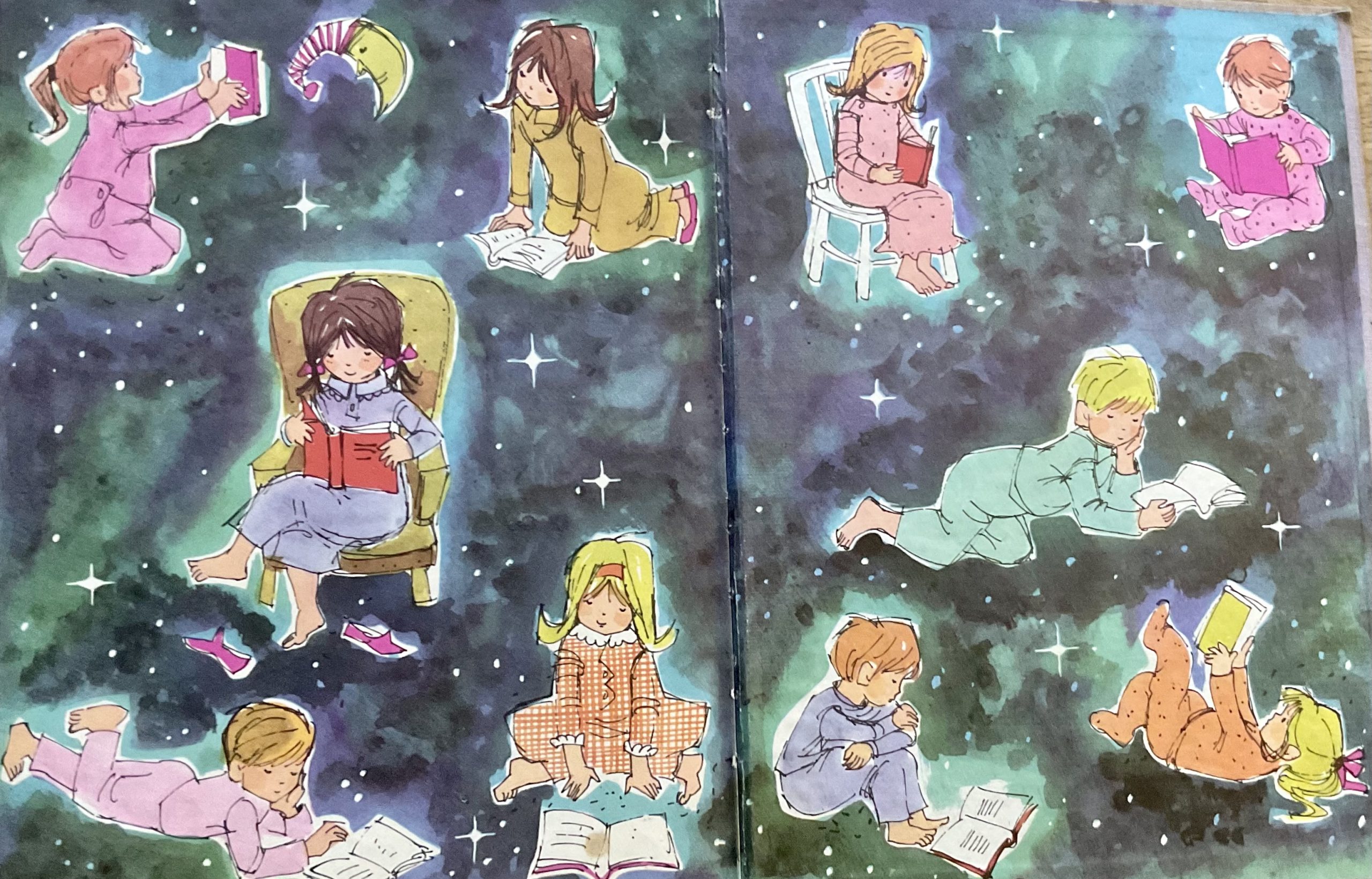
I am privileged to know a lot of creative people: writers, artists, musicians and makers of all sorts. My belief is that we are fundamentally creative beings, and predominantly storytellers.
Every culture, and especially those of native and indigenous peoples, has at some point had an oral tradition. Stories that get passed on from one generation to another: myths, sagas, legends. Sometimes they are written down because oral tradition is lost, sometimes they are made concrete in other forms. Aboriginal Australian story telling consists of ‘dreamtime’ stories which are an oral form of their ‘spiritual dreaming’ but there are other forms: art is the visual form, dance the practical form. There are acoustic and geographical forms too. Cumulatively, they make the textbook of aboriginal knowledge, spirituality and wisdom. The storyteller has a key role as custodian of cultural education and tradition.
In this techno, money obsessed world, we can often be dismissive of stories as being, at best, fantasy, and at worst, lies. Children know better. They switch effortlessly between imaginary worlds: chatting with invisible friends, searching for fairies, pretending and performing. Imaginary play and telling stories is a vital part of childhood development. As adults we can be contemptuous of ‘tall tales’ and as children get older we may chastise them for elaboration, yet we all embellish the reportage of our actions. We all produce a narrative commentary on our lives. We rarely say we went to the shops, or to work without finding the points of interest, conflict and character. We ‘big up’ our often mundane activity with storytelling, ourselves as the central character. We retell our day at work as a series of transport disasters which we overcome so that we arrive at our destination triumphant. Our trip to the shop sees us do battle with the grumpy person in the checkout queue ,or the unhelpful assistant, or the terrible drivers. We are natural narrators of our own lives, and in some ways give meaning to those lives with the stories we tell about ourselves and others.
Stephen King is quoted as saying ‘fiction is the truth inside the lie’ and I think this is true of the stories we tell about our lives too. I’m not talking about liars or people who have delusions here, but our own personal narratives. There’s a genre called ‘creative non-fiction’ and memoirs like Jenny Diski’s ‘Skating to Antartica’ and Chris Packham’s ‘Finger’s in the Sparkle Jar’ are good examples. They impart the truth, the reality of their lived experience, yet all of what they actually record may, or may not, be factually accurate.
At a workshop with Richard Holloway, where he was talking about his memoir ‘Leaving Alexandria’, he read an extract from the book about his father getting up very early and leaving for work, taking care to be quiet and not wake the rest of the household. Richard was at pains to relay that the event may not have happened, or if it did, he may not have been old enough to register and remember it. That is, it might be an imagined, rather than a remembered incident. The meaning is true however, that his father was a caring, considerate hardworking man who cared about his family. It’s not a lie. It’s illustrative of what was fundamentally true.I was interested that as an auto-biographer he was less concerned about every fact and detail, than about making sense of the events. A large part that is why we use narrative discourse – to tell a story about ourselves, to make sense of our complicated, often mundane and inter-connected lives.
Stories can be instructional, escapist, cathartic, discursive, contentious and many other things besides. For me an essential quality in any tale is being able to see the world from another point of view, a different perspective. We can be a pioneer, a suffragette, a criminal, politician, ballet dancer – anyone from any period of time, and sex, and profession or none. We can inhabit any universe or world. Fictions can
stretch and challenge us if we let them.
As a writer, I believe in the power of stories. Stories can change us. They are as important as science in explaining the world; different tools to understand our lives and our world better. We need storytellers as much as we need scientists.
We have two story telling centres in Scotland that I know of; one in Edinburgh and the other in Glasgow. They see themselves not only as curators of Scottish heritageand culture, but as vibrant venues where creativity can be explored, and new storiescreated. The strapline for ‘The Village’ in Glasgow is ‘inspiring people to find and shape their voices through the power of story’. It is a hugely positive narrative that
stories can change our lives!
Encourage you children to read, make and write stories. Encourage yourself to dothe same. In this often bleak and confusing world we need storytellers to shift the narrative. To create new stories and remind us of the truth in the old ones.
2 comments
Leave a Reply Cancel reply
This site uses Akismet to reduce spam. Learn how your comment data is processed.
Author
webadmin@debbiemross.co.uk
Related posts
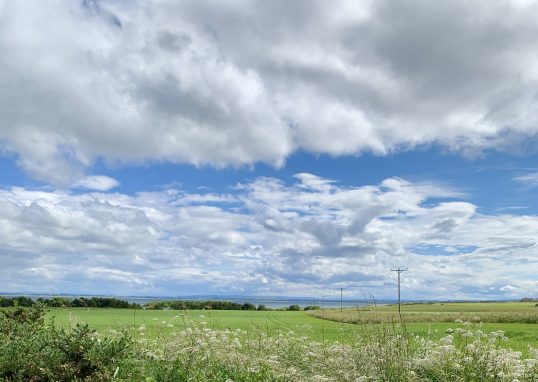
The Nature Effect
‘Perhaps nature really does affect you that way.’ A comment scrawled in red on my second-year English essay. I can’t remember what...
Read out all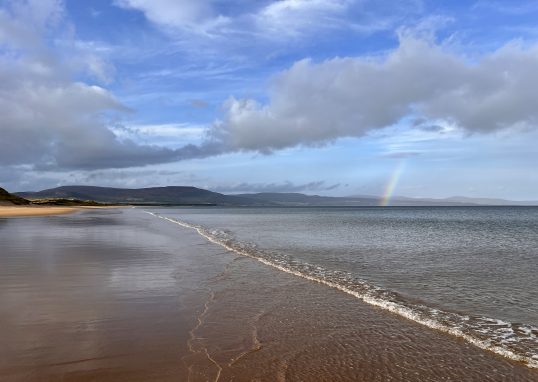
Writing Rainbows
I have always loved rainbows. When I was a teenager I had a rainbow poster, and when I went to college I...
Read out all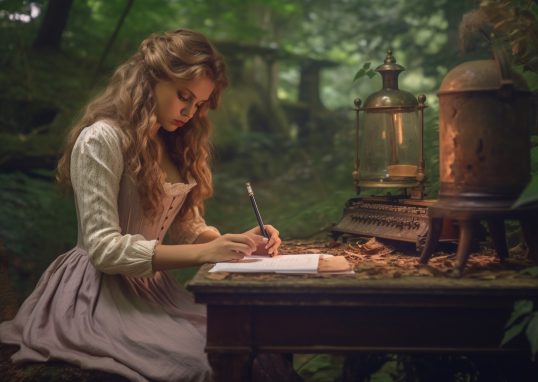
A Month of Poetry
I haven’t done it every day, but aiming to write 30 poems in 30 days is an interesting challenge to try, and seeing other peoples’...
Read out all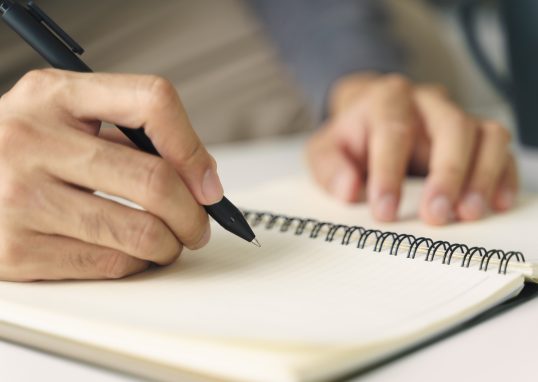
Musings on a Writing Life
Ten years ago I wouldn’t have had the nerve to write about writing, despite being a life long writer. I don’t make...
Read out all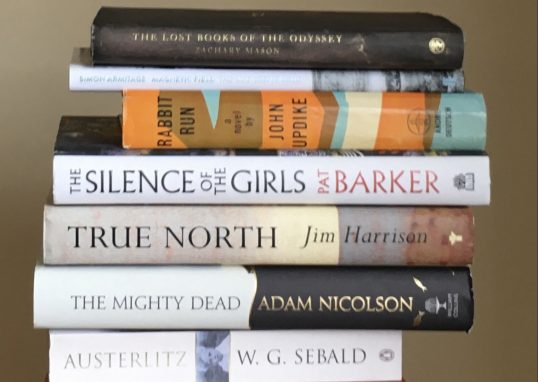
Every Writer Should be a Reader
It is possible to be a writer without ever having read a book, of course it is. Some people don’t have access to...
Read out all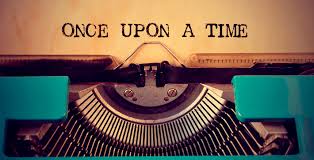
Progress of a Novel
Words written so far this week: 500. Don’t laugh, or pity me for that matter. That’s fine. It’s something more than nothing...
Read out all
Thank you for the article! So true, all people are storytellers. And I would say people are also stories themselves. Living, remembered or forgotten.
Thanks for your response, Victoria. You’re so right. Everyone has a story in themselves and of themselves. I think we’d be kinder if we remembered that too.